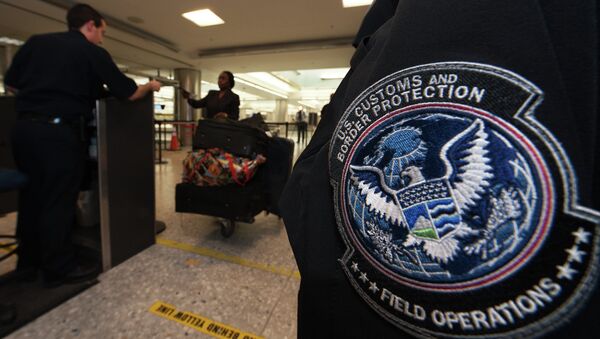The case first drew national attention three years ago, and according to the American Civil Liberties Union (ACLU) in New Mexico and Texas. The judgment will result in retraining for hundreds of customs officers.
The incident occurred in December 2012, when a drug-sniffing dog jumped on the 54-year-old woman, a US citizen, at an El Paso, Texas, checkpoint. According to a 2013 lawsuit, the unnamed woman had just returned from Ciudad, Juarez, Mexico, where she was a visiting a friend who had recently been deported.
The women was strip searched and had cavity searches performed on her by agents but no drugs were found, according to court documents.
After the probes, the woman was handcuffed and transported to the University Medical Center of El Paso where she underwent further vaginal exams, a CT scan and a monitored bowel movement, with no search warrant.
Despite six hours of invasive procedures, no drugs were found, according to the ACLU. The woman was then charged $5,000 by the University Medical Center, who in 2014 settled with her for $1.1 million.
According to the CBP website, officers "conduct their duties in a professional manner and treat each traveler with dignity and respect," and "use diverse factors to refer individuals for targeted examinations."
Some 40 healthcare providers received letters from the four ACLU affiliates near the US-Mexico border, explaining the rights and responsibilities of hospital workers who find themselves confronted with federal agents requesting cavity searches.
Rebecca Robertson, legal and policy director for ACLU of Texas, said "While we are pleased to have obtained justice for our client, this is really a victory for residents of border communities, who shouldn't have to fear interactions with the thousands of border agents in their midst."




